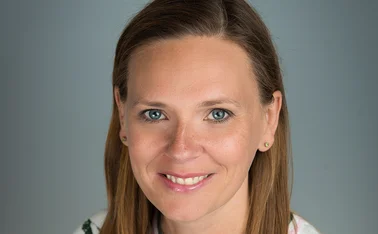Big Interview: Rachel Lam, ombudsman director, FOS

Rachel Lam, ombudsman director for insurance at the Financial Ombudsman Service, speaks exclusively to Insurance Post’s Editor Emma Ann Hughes about her work with providers and the Financial Conduct Authority to address the sector’s shortcomings.
Rachel Lam had been at the Financial Ombudsman Service for more than a decade when she took on the role ombudsman director for insurance at the start of 2023.
After a few years of Covid causing wings
Only users who have a paid subscription or are part of a corporate subscription are able to print or copy content.
To access these options, along with all other subscription benefits, please contact info@postonline.co.uk or view our subscription options here: https://subscriptions.postonline.co.uk/subscribe
You are currently unable to print this content. Please contact info@postonline.co.uk to find out more.
You are currently unable to copy this content. Please contact info@postonline.co.uk to find out more.
Copyright Infopro Digital Limited. All rights reserved.
As outlined in our terms and conditions, https://www.infopro-digital.com/terms-and-conditions/subscriptions/ (point 2.4), printing is limited to a single copy.
If you would like to purchase additional rights please email info@postonline.co.uk
Copyright Infopro Digital Limited. All rights reserved.
You may share this content using our article tools. As outlined in our terms and conditions, https://www.infopro-digital.com/terms-and-conditions/subscriptions/ (clause 2.4), an Authorised User may only make one copy of the materials for their own personal use. You must also comply with the restrictions in clause 2.5.
If you would like to purchase additional rights please email info@postonline.co.uk







